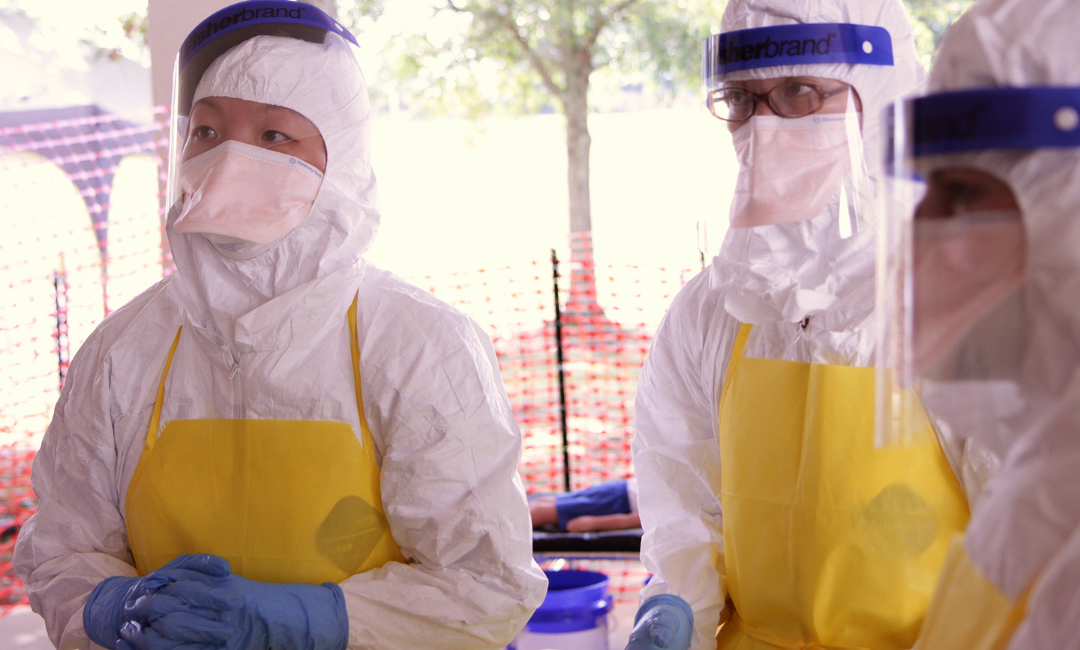Spirituality in Healthcare Practice
Joan Sylvia Tilghman, the new dean of Coppin State University’s College of Health Professions, wants to bring the whole patient — religious beliefs and all — into the curriculum for nursing students.
“My Ph.D. is in transcultural nursing which requires the consideration of the culture of everyone, whatever that culture is,” she told Seattle Medium. “If it’s a business, if it’s a community, if it’s a religious culture, whatever it is, that’s important because it’s important to that person.”
And just last month, Elon University in North Carolina introduced “Bridging Faith and Healing, a program that certifies students “have received training in religious literacy and faith consciousness for healthcare setting,” a university news release stated. Participants will learn about the relationship between faith and healthcare decisions; healthcare outcomes; and healthcare equity.
“The program is important because it builds on the foundational knowledge that pre-health students receive about social determinants of health, and it challenges them to expand that view in light of current evidence-based research,” said Jeanmarie Koonts, an assistant professor of nursing who helped create the program.
OSF Healthcare, a Catholic-based skilled nursing organization, offers its own faith community nursing program, partnering with clergy and other healthcare groups “to advocate for the health and well-being of the congregation.”
Faith community nursing is a recognized certification through the American Nurses Credentialing Center.









